Achieving accountable government
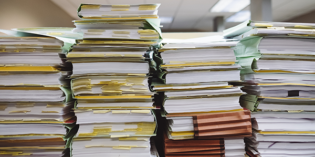
If there is a public inquiry into Covid-19, what will it look like?
Nick Dickinson draws on previous inquiries to discuss what a public one into the Covid-19 crisis may look like. He concludes that, while an inquiry into the government’s response may be necessary for evaluating what went right and what went wrong, an inquiry should nonetheless not be seen as inevitable nor the most useful way to provide accountability.

Covid-19: why the emerging public debt crisis needs urgent engagement by parliamentarians
As parliaments around the world adjust to working remotely during the Covid-19 pandemic, Franklin De Vrieze argues that it is vital that they not only scrutinise governments’ public health policies, but also have a role in overseeing the ensuing new public debt, particularly in developing countries.

The fight against coronavirus ‘fake news’ should begin with our political leaders, not just online trolls
Disinformation and fake news stories have proliferated since the start of the Covid-19 pandemic. Paul Reilly discusses their spread and effects and argues that, while this is concerning, misinformation from official government sources is far more damaging to public trust – and therefore to public health as well.
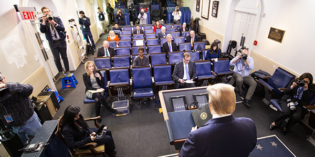
Trump’s fight over Covid-19 numbers shows how the hollowing out of expertise can be dangerous for democracy
As in any emergency or disaster, institutional agreement over the statistics of the Covid-19 pandemic is incredibly important. During the crisis, President Trump has questioned federally requested research around the spread of the pandemic and the amount of equipment needed to tackle it. Philip Rocco writes on how Trump’s efforts to undermine a common understanding of the numbers around the crisis can be a threat to democracy itself.

Not all scrutiny is equal: how parliaments vary in scrutinising the implementation of legislation
Parliaments can contribute to more accountable governance, not just by questioning government ministers in the chamber, but also by monitoring the implementation and impact of the laws they pass. This post-legislative scrutiny can be divided into four categories: passive, informal, formal and independent forms. Comparatively, parliaments vary according to the extent to which they carry out post-legislative scrutiny. Franklin De Vrieze discusses these variations and argues that to be effective parliaments should both look at the implementation of legislation, its impact and at unintended consequences of some laws. At the time of the Covid-19 crisis, good-quality scrutiny of policies and legislation in all areas, including legislation on public health and government’s response to Covid-19, has become all the more important.
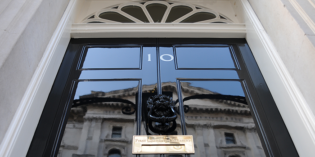
Reforming Whitehall: bluff, bluster, brilliance and brains
Geoff Mulgan assesses Dominic Cummings’ proposals for reforming government and argues that, while bringing new people and ideas into Number 10 can be welcome, there are several pitfalls, not least in failing to learn from past attempts at reform.

Australian politics shows why the de-separation of political and administrative careers matters for democracy
One cornerstone of executive politics in established liberal democracies has long been a system for controlling government corruption and malfeasance that separates out clear roles for the changing elite of elected politicians and their advisers, and the permanent administrators running the civil service. Yet in Australia Keith Dowding and Marija Taflaga find that the growing role of special advisers, plus increased mobility from adviser roles into career public-service pathways, is now an integral factor in the re-emergence of substantial ministerial scandals.
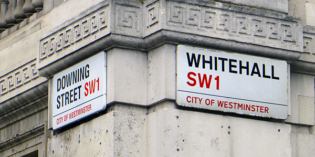
Dominic Cummings’s thinking on the civil service is a potent challenge to the Whitehall system – and is likely to be opposed
Patrick Diamond discusses Dominic Cummings’s stated intent of imposing disruptive reforms on the civil service, and explains why his rhetoric may prove to be particularly counterproductive in a Conservative Government.
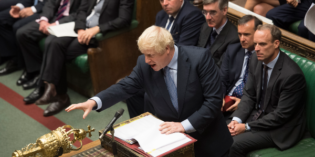
A Conservative majority means parliamentary scrutiny is in danger of being weakened
Marc Geddes considers the potential impact the recent Conservative victory may have upon parliamentary scrutiny. The size of the majority, the current government’s agenda for legislative reform and the changes to select committee membership may all have a detrimental effect on parliament’s ability to scrutinise government effectively.



 Democratic Audit's core funding is provided by the Joseph Rowntree Charitable Trust. Additional funding is provided by the London School of Economics.
Democratic Audit's core funding is provided by the Joseph Rowntree Charitable Trust. Additional funding is provided by the London School of Economics.